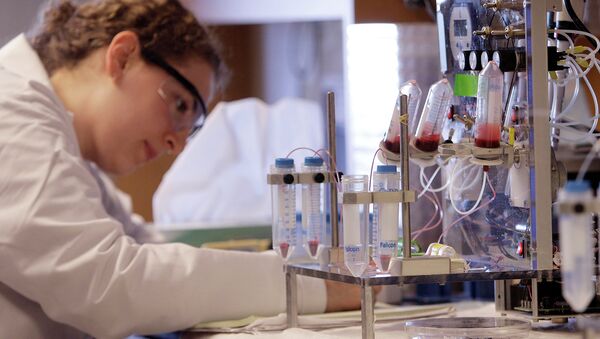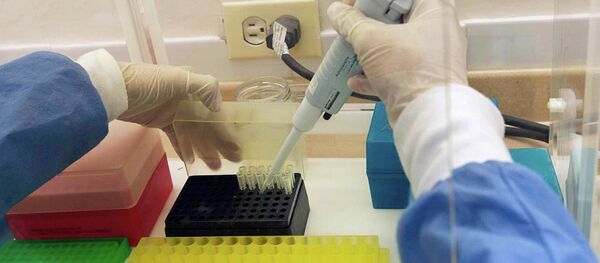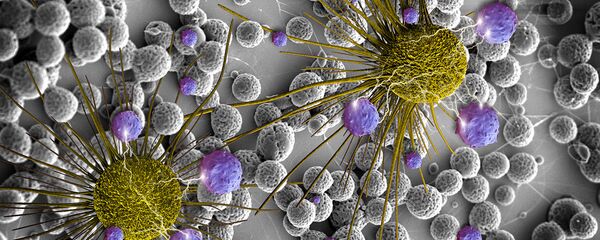The Chief Executive Officer of Cancer Research UK, Sir Harpal Kumar paid reference to the significant work that thousands of scientists and doctors across the UK are involved in "at this very moment" to help improve the quality of life for a cancer patient and prevent future illnesses.
"Today at this very moment, thousands of our world class scientists and doctors are working at a laboratory benches and directly with patients, trying to discover the cancer treatments of tomorrow," Sir Kumar said in a recent statement.
400,000 cancer deaths will be prevented in the next 20 years. Read more on our website https://t.co/K11ilnzS5u pic.twitter.com/KcMkd4qZhh
— Cancer Research UK (@CR_UK) December 20, 2016
Out of 100,000 people in the UK, 331 died from cancer in 2014, but by 2035 this number is predicted to drop to 280 per 100,000 people.
This decrease is largely due to improvements in detection, diagnosis and treatments. Without these advances in research, cancer death rates would have continued to rise.
These figures highlight the growing need in the UK and worldwide for there to be a cure for cancer.
Ann Palmer, a 64-year-old grandmother from Newcastle in the UK, was diagnosed with breast cancer in May 2016. Seven months later she has no signs of cancer and is recovering well.
"Now I feel so blessed to have received such exceptional care from the NHS [UK National Health Service]. No amount of money could have given me better treatment, and it was delivered with compassion, kindness and respect."
Professor Peter Johnson, Cancer Research UK's chief clinician, said that there there's nothing more frightening than the moment someone finds out they have cancer.
"The good news is that we're making progress and more people are surviving the disease than ever before. But we still need to much get better at diagnosing and treating all cancers. We won't stop until I can say to every single patient that no matter what type of cancer they've got, thanks to research, we can help them beat their illness," Mr. Johnson told Sputnik.
In the last few decades, researchers have developed a better understanding of how cancer grows and spreads which has helped them come up with better ways to diagnose cancer, and new treatments to fight the disease.
These latest developments with cancer research in the UK add to the breakthroughs seen in other countries when it comes to combating the deadly disease.
Russian scientists and the employees of the US-Israeli Immune Pharmaceuticals Company discovered a compound of sulfur, nitrogen and hydrocarbons in November 2016, which is capable of destroying chemotherapy-resistant cancer cells, according to an article in European Journal of Medicinal Chemistry.
The compound tested by the scientists on human cancer cells assays and sea urchin embryos demonstrated the ability to prevent cancer cells from duplicating and reproducing themselves.




